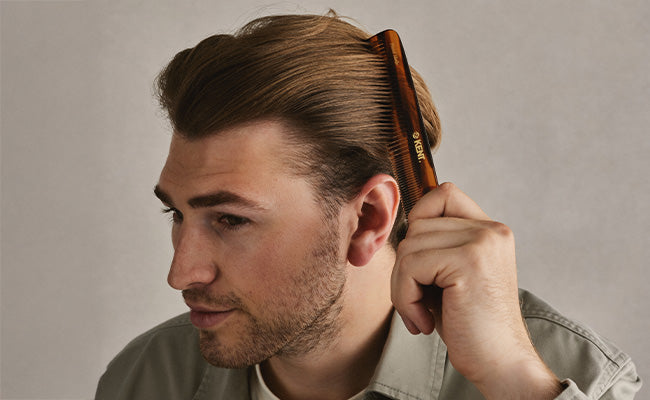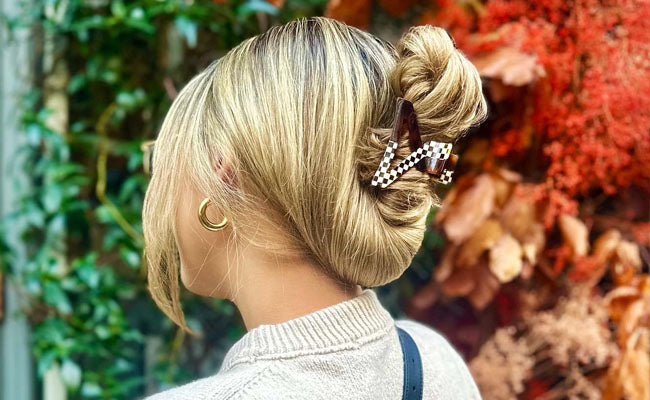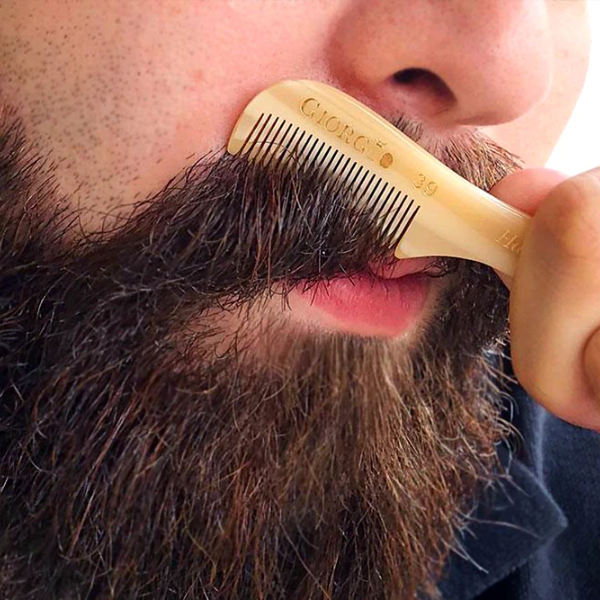
History of the Beard
Introduction
The legendary and epic history of the beard goes back a long way. Scientists believe that since the Prehistoric ages, men have grown long beards for 3 main causes, protection, intimidation, and cultural purposes.
In most Eastern cultures, beards were idolized at a very high level, where long beards stood as a symbol of prestige, wisdom, strength, and courage, and the same is often true today. Similarly, in ancient Egypt, the beard was regarded as a symbol of prosperity, power, and social status. The wealthiest and most powerful men during those times would have their beards dyed and plaited with interwoven gold thread. The beard was a divine characteristic of God.

The Importance of Beards Throughout History
The Ancient Egyptians 3100 BC – 332 BC
Upper-class men in Egypt maintained elaborate fake beards, usually dyeing them and entwining them with the gold thread.
Although ancient Egyptian men could just have grown genuine beards, they opted instead for fake hair out of worry for hygiene. They believed thick mustaches, beards, and eyebrows were indications of a lack of cleanliness.

The Mesopotamians 3100 BC – 559 BC
Men of the Mesopotamian age spent extensive time curling and maintaining full beards. Length and style reflected class and power. The highest status in society, the longer the beard.
Men in Mesopotamian civilizations took great care of their beards. They would use products like beard oil to keep their beards looking healthy and bright. They would also fashion their beards using ancient curling irons and make ringlets, frizzles, and tiered effects. The Assyrians dyed their beards black, and the Persians dyed their beards an orange-red color. In Turkey and India, when someone had a long beard, it was considered a symbol of wisdom and dignity.

The Ancient Greeks 800 BC- 500 BC
The ancient Greeks wore beards with reverence, as beards were a sign of virility, manhood, and wisdom. Some types of beards would even show which philosophical school a man belonged to.
However, after Alexander the Great, everything changed, and the trend of wearing a beard quickly vanished. Therefore, most people stopped using beards because of the example of their military leaders.

The Vikings 200 BC – 700 C
As the Vikings conquered Europe, they did so with some of the most legendary beards in history. They were advanced nomads, and they used their beards to intimidate their opponents wherever they went.
The most recent archaeological discoveries show that the Vikings took great pride in their physical appearance and their personal grooming, and didn’t just let their facial hair run wild. They are widely regarded now as having had beards that were far more well-groomed than we may have previously thought.
It's important to highlight that one feature shared by virtually all the gods of Norse mythology, including the likes of the All-Father Odin and the mighty god of war Thor, was a magnificent beard.
In fact, the one standout who is always depicted as lacking facial hair is Loki, the trickster god who was responsible for the death of Odin’s beloved son Baldur and fought against the Aesir gods during Ragnarok. In other words, this beardless god personified attributes that the Vikings viewed as the very worst of character flaws which are indicative of how closely the Vikings associated facial hair with personal virtues.

American History 1910s – 1960s
WWI soldiers weren't allowed to have beards because they could interfere with soldiers’ gas masks. This led to a cultural decline in beards that extended through to WWII.
On the other hand, hippies adopted beards as a sign of counterculture in the 1950s and 60s. Beards reached peak popularity in the late 1960s when the Beatles grew beards.

Conclusion
Throughout history, beards have been idolized as symbols of prestige, wisdom, strength, courage, class, status, power, and virtue. Today, men around the world are bringing the beard back in all its glorious forms.
The beard is not just for the lumberjack or the woodsman anymore, it’s for everybody. Men are growing their beards, cultivating them, and bringing them to environments both urban and rural. Surveys demonstrate that full-bearded men appear more mature, more powerful, more respected, and of higher status than non-bearded men. Although, beards need to be groomed and well-cared-for to enjoy these benefits.
Continue reading:









Leave a comment
This site is protected by hCaptcha and the hCaptcha Privacy Policy and Terms of Service apply.